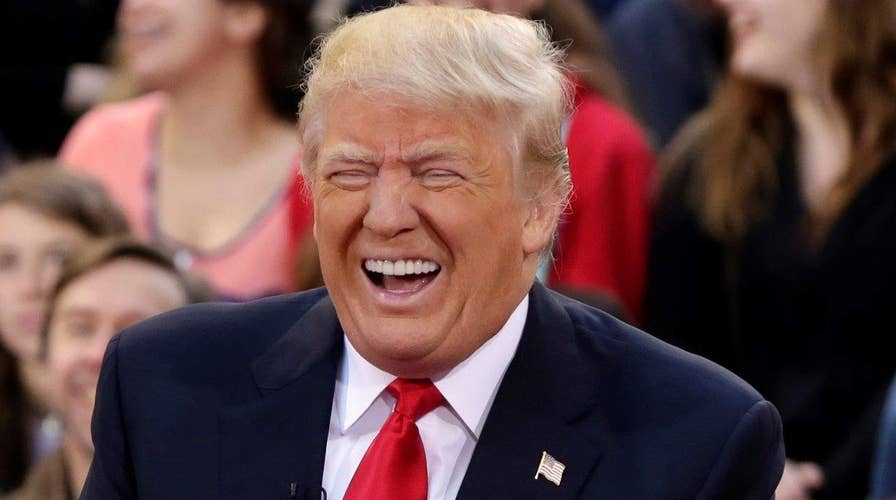Trump team claims they can reach 1,400 delegates
Adviser says number can be reached with primary wins and unbound delegates
Donald Trump’s commanding victory in New York Tuesday means that he is even more likely to win all of the 15 remaining Republican primary states than any other scenario. In turn, these victories position him to more handily secure the votes necessary to earn the Party’s nomination between now and the Republican National Convention.
While media coverage remains fixated on the delegate selection process and a multi-ballot convention, Mr. Trump’s victories chip away at the basis for making this case. Further, the history of the Republican Party does not lend itself to support the possibilities for a multi-ballot convention.
In every election since 1952 (Eisenhower over Taft) the Republican Party has nominated the candidate leading in the public polls going into the primary and caucus process. Add to it, the last time the voting public’s clear choice at the time of the convention did not prevail was in 1940 (Willkie over Dewey). There is no denying Mr. Trump achieved frontrunner status with the voting public early in the 2016 election cycle and his New York victory puts him another step closer toward continuing these two historic GOP streaks.
Beyond history, the momentum generated by Mr. Trump’s victories is as good an indicator as any as to who will secure the nomination.
As voters in the final states prepare to cast their ballots, a look at the latest Fox News national poll of Republican Primary voters shows Donald Trump at 45 percent, Ted Cruz at 27 percent and John Kasich at 25 percent.
Mr. Trump is now earning his highest level of support. This upward trajectory is the direction of a winning campaign.
The Fox News national poll underscores every indicator that Mr. Trump is going to win next week in the primaries in Connecticut, Delaware, Maryland, Rhode Island and Pennsylvania. The momentum from these victories will undoubtedly impact voters in the remaining states (Indiana, West Virginia, Washington, Oregon, California, Montana, New Jersey, New Mexico and South Dakota) as well as the uncommitted delegates to the convention.
As General George Patton once said: “Americans love a winner.” Put another way, the Super Bowl Champion always has more fans after their win than they had before.
The “winner” factor will remain an important one for the Trump campaign even if it falls short of the 1,237 votes to secure the nomination when the primary and caucus process concludes.
The stretch between June 8th and the first ballot cast at the convention will be about winning the votes of the uncommitted delegates, pulling delegates votes away from Trump opponents and holding delegates committed to him.
Delegates will be influenced in many ways. However, few influences will be more powerful for Mr. Trump than his frontrunner status and delegates wanting to align with the ultimate winner.

